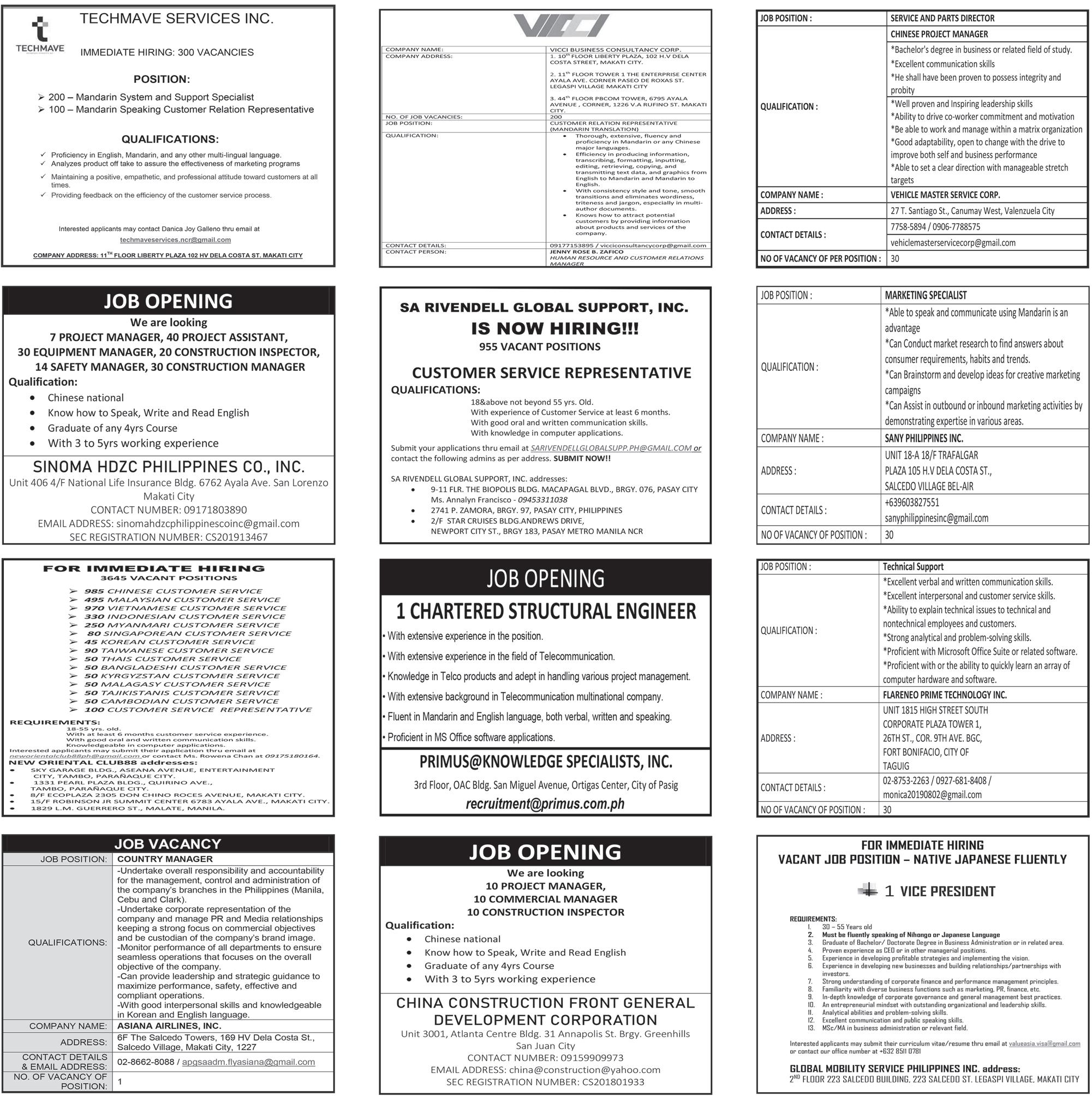
2 minute read
Senate to tackle pending pay hike bills despite NCR wage hike–Sen. Jinggoy
By Butch Fernandez
and costs of living; hence, the need to leave that discretion to localized tripartite boards.
micro- to medium-scale agricultural and fishery enterprises to resources, knowledge, and income-generating activities. Funding will support inputs, production, marketing, and enterprise management, among others. The project also aims to increase participation of women in these activities.
It will also str engthen rural infrastructure and connectivity, as this scaling up of rural development support will fund climate-proof infrastructure, including more roads, bridges, irrigation systems, and post-harvest storage facilities such as warehouses, drying, and cold storage.
The project aims to provide improved technology to reduce postharvest losses and put in place more efficient logistics. This will help ensure a stable supply of food and agricultural products in markets.
BILLS proposing adjustments in workers’ wage rates that are currently pending before the Senate Committee on Labor will not be put on the back burner, even as the regional wage board in Metro Manila has already granted a P40 increase in daily minimum wage in the region, Sen. Jinggoy Estrada vowed on Friday.
“As soon as Congress resumes its Second Regular Session, we will take up the matter anew, as mentioned in a recent news forum in the Senate,” Estrada said in a statement.
The National Capital Region’s Regional Tripartite Wage and Productivity Board (RTWPB) on Thursday announced the wage hike effective J uly 16, amid mounting clamor for pay adjustments nationwide since the country started feeling the impact of high inflation.
The inflation rate has started easing, but most sectors agree that the prices of most basic goods stay relatively high compared to wages.
The bills pending in both houses of Congress mostly push for a legislated wage hike, which the country has abandoned as a matter of policy since the law creating RTWPBs was enacted two decades ago, leaving the discretion of setting pay adjustments to regional bodies. Supposedly, the law’s wisdom says regions have varying degrees of economic growth
The one in the Senate has the full backing of no less than Senate President Juan Miguel Zubiri.
For his part, Estrada said that while the wage-hike bills await action in the legislature, “We hope that other RTWPBs across the country will follow suit, either by addressing filed petitions or initiating action on their own accord.”
Estrada added, “Amid calls for an across-the-board pay increase being sought by the labor sector, the P40 grant in the daily minimum wage by the NCR wage board is a welcome development.”
The move demonstrates, he said, that the NCR RTWPB recognizes the need to adjust the current wage structure and has acted promptly on the pending petitions filed by labor groups. “Indeed, our workers need and deserve wage hikes to cope with the ongoing rise in the prices of basic goods and commodities,” he said. Nonetheless, the senator acknowledged, “that the P40 increase or 7 percent raise in the daily minimum wage may not be sufficient to achieve a living wage in the NCR.”
However, he added, “as a product of a tripartite body where employers, workers and the government are all represented, we are confident that this amount serves and protects the interests of all stakeholders.”








